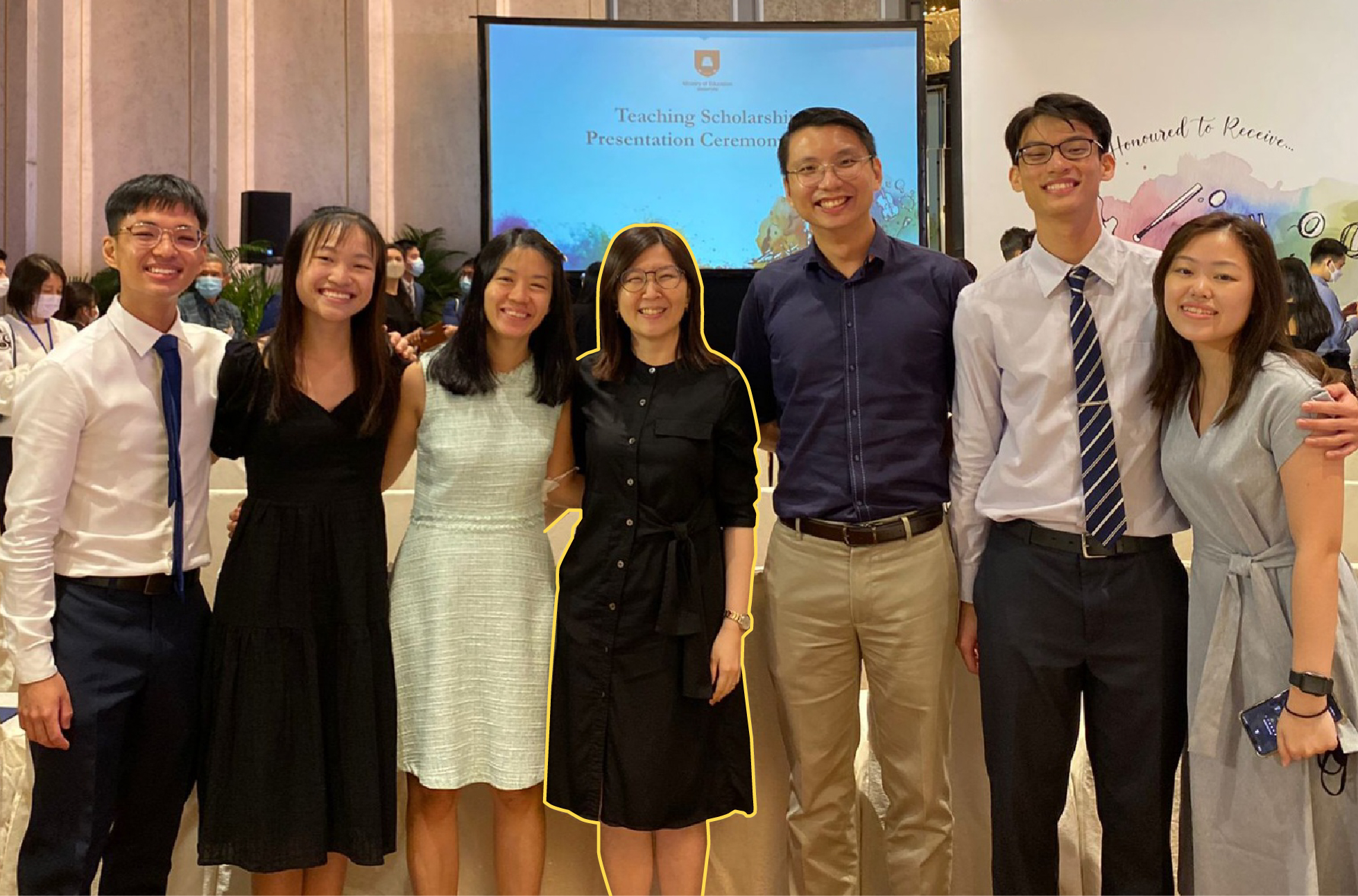Did you catch yourself hesitating in that moment when your child mentioned the possibility of pursuing an education in the Arts and Humanities? Would your anxieties about the future have been more settled if he or she expressed interest in courses related to Science and Technology?
Parents of Martin Li shared similar concerns at first. But Martin went on to demonstrate the benefits and relevance of his Humanities training from Nanyang Technological University (NTU) in a working world that is increasingly volatile, uncertain, complex and ambiguous (or commonly known as VUCA).
Influenced by his father who had a career in freight forwarding, Martin was initially keen to join the logistics industry. After his GCE ‘O’ level examinations, he pursued a diploma in International Business at Ngee Ann Polytechnic. He felt assured then, knowing that he met his parents’ expectations of him pursuing a commercially viable and clearly defined career path.
“In the International Business course, we were challenged to consider social, political and cultural perspectives when seeking to understand the local commercial practices in different parts of the world,” shared Martin.
It opened his mind. So when he was able to apply for a place at university, he chose to pursue his interest further through the Humanities, specifically History. It was not an easy decision for the family to agree on, but he was grateful when they chose to respect his decision.
Why History?
“It was not just about memorising facts to be regurgitated during an examination,” shared Martin.
Martin learnt to delve into investigative research, draw evidence from a wide range of documents, and consider the analysis of others before placing forward his independent views. The rigorous process sharpened his perceptiveness, encouraged creativity in crafting his perspectives, and honed his writing skills.
“There were no fixed outcomes in history, as outcomes were contingent on circumstances and decisions.”
He also found himself better able to appreciate the human condition and empathise with struggles, as he placed himself in that particular time and place in history, and studied how individuals navigated dilemmas.
Did it affect career prospects?
During his time as an undergraduate, Martin secured sought-after internships in various industries – perhaps in areas that one would not expect for a history student! He was a capacity coordinator in a global container shipping firm, a journalist with the Business Times, a public relations officer at Hill+Knowlton Strategies and a market researcher with Nielsen.
“I think I convinced the companies with my soft skills, such as critical thinking and communication skills, inherent in a History undergraduate,” said Martin, “During one-to-one interviews, I made it a point to provide multiple possibilities to a single question. In group interviews, I often played the role of devil’s advocate because History majors understand that the biases of groupthink are often hidden in plain sight.”
Was it relevant to the workplace?
Martin was able to evaluate business problems systematically, just as he had been taught in the humanities, by first going through the existing information available, before interpreting it and finding trends. It was also useful being knowledgeable about current affairs, and being able to understand that events rarely occur in isolation but are often linked to other global phenomena.
Aside from analysing the situation, he had the skill of articulating his ideas as a meaningful narrative, both verbally and in writing, which gave him an edge over those who focused only on formulas and numbers.
He also realised that employees who were able to empathise while dealing with real world problems were increasingly valued. He would consider the interests and perspectives of stakeholders, just as how he would empathise with a historical writer’s fears and desires when analysing a text.
Currently, as a Management Associate with Tan Tock Seng Hospital, Martin believes in the importance of balancing and negotiating based on the perspectives and interests of the organisation and its stakeholders. He chooses a patient-centric approach, while understanding the necessity of automation.
“For example, a robot that was designed to detect veins and draw blood at a high rate of accuracy might be heralded as an achievement by engineers. But patients might not share the perspective of engineers,” said Martin, “The patients’ perspectives must be incorporated into medical innovations.”
“In a world dominated by technological change, the qualities of human empathy and critical thought will continue to make the History student stand out from the crowd and contribute to society in important ways.”
For Martin, being trained in the Humanities has helped to differentiate him in a competitive workplace, and has also shaped him as a person. Having considered the issue of human suffering, he has also sought to do his part in alleviating the sufferings and misfortunes of others by volunteering to serve the children, elderly, and intellectually challenged.
“Looking back, I do not regret my decision,” remarked Martin.






